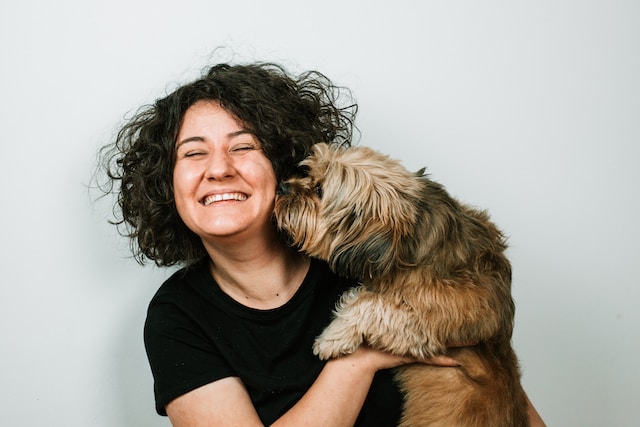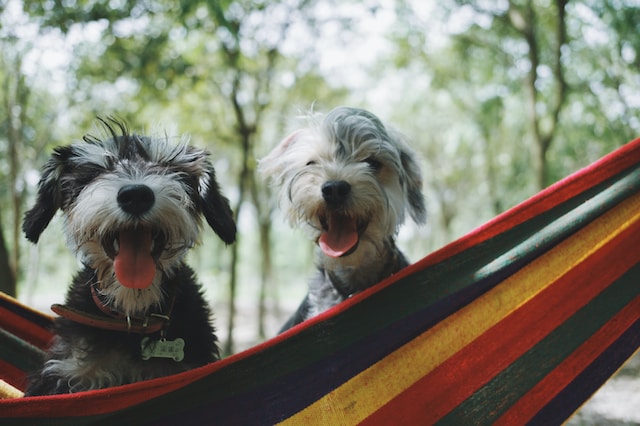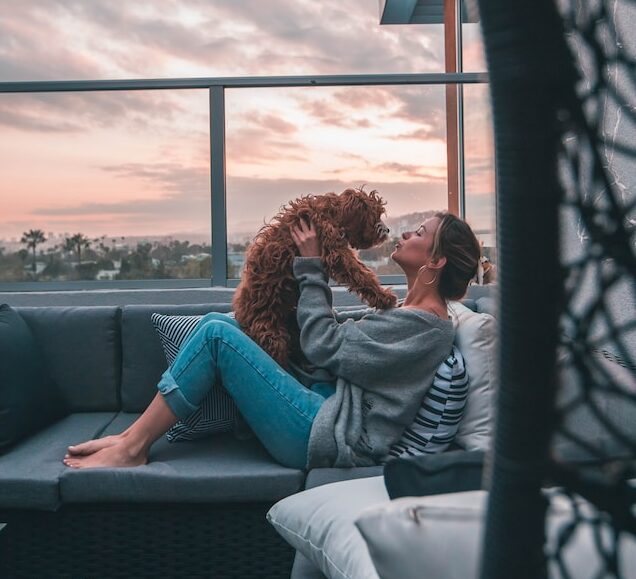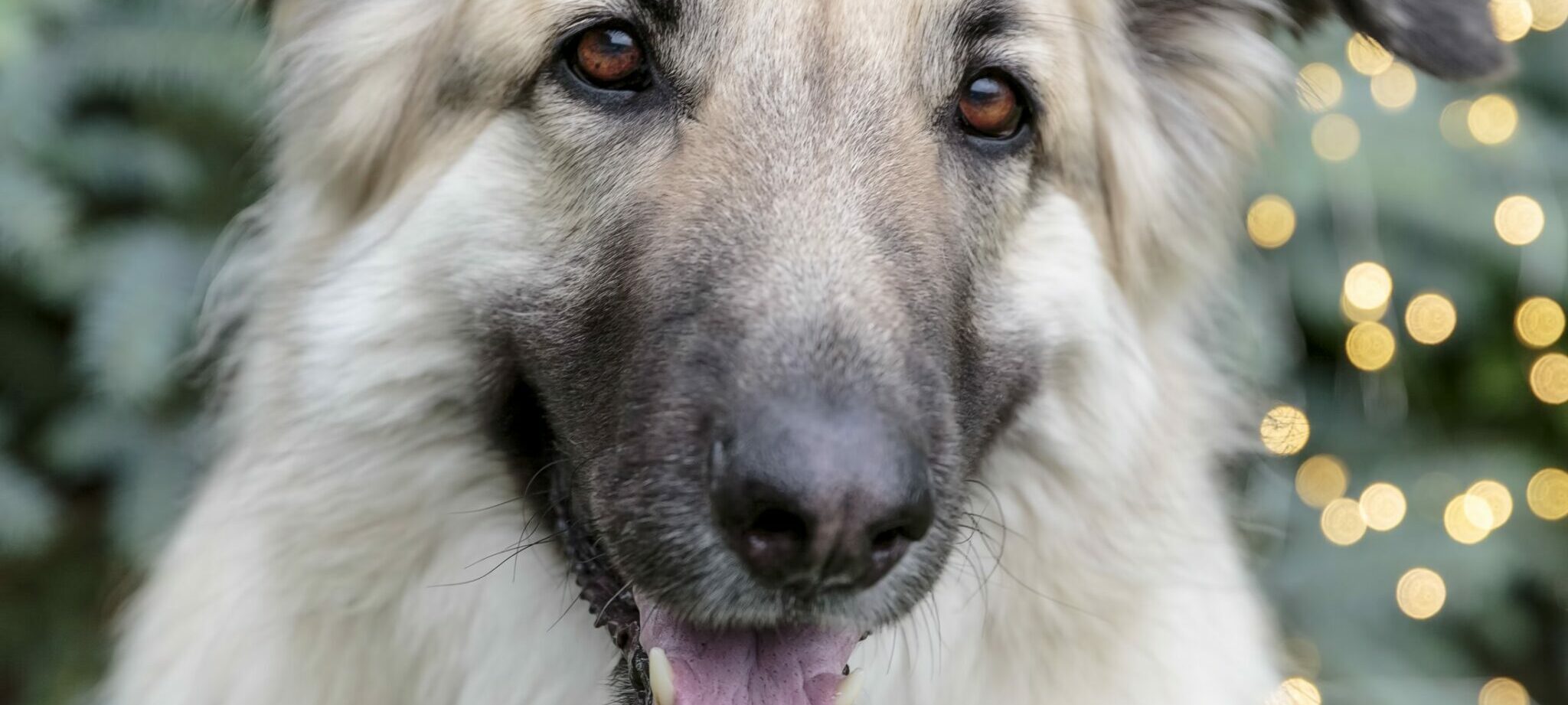
10 Aug Is it Normal for a Dog’s Breath to Smell?
Everyone loves a kiss from their dog, regardless if they are a Chihuahua or a Great Dane. It’s a sign of their love for you and it not only brings you joy but also brings your pet joy as well. It’s part of the human-animal bond that is so strong. But let’s face it, many times our pets give us kisses and their breath smells like a terrible sulfur-smelling odor, causing pet owners to ask, “Is it normal for a dog’s breath to smell?” Unfortunately, that rotten egg smell is something that has been percolating for quite a while, and it is not a healthy sign that things are going well with your pet’s mouth.

Let’s flesh out what that smell is, where it’s coming from, and most importantly, what can you do about removing it? The first question is easy, it’s coming from PLAQUE in the mouth. Plaque is a biofilm of millions upon millions of bacteria that grows on the surface of the tooth but originates UNDER THE GUMLINE. Originally, it is colorless and sticky, and over time, these bacteria attract calcium salts from saliva and develop calculus underneath and above the gumline. Over time, this bacteria converts to a more sinister type of sulfur-producing bacteria that stimulates the body’s immune system to attract white blood cells, and other types of cells to help combat this onslaught of bacteria. What originally is inflammation (gingivitis) with no bone loss progresses to the introduction of bone-destroying inflammatory cells, resulting in tooth mobility, severe inflammation, and most importantly ORAL PAIN. That’s it in a nutshell. You can read more about plaque here.

What can you do about removing it? By the time you start holding your nose and turning your cheek when your pet licks you, daily brushing will not work. We will address brushing at the end of this blog, but for now, let’s address frontally how you can help eliminate that smell.
First and foremost, have your dog have his/her teeth cleaned by a trained veterinary dental professional. Board-certified veterinary dentists™ are veterinarians that have undergone a rigorous residency and passed a comprehensive examination so they are the most qualified to do this procedure. Can your family veterinarian also do this procedure? Yes, but you must ask many questions first as having teeth professionally cleaned and treated can be extremely variable.
What Questions Should I Ask?
- Do you take dental x-rays on every dental patient seen, and is your team qualified to identify any/all pathology?
- Do you have a dedicated person to monitor your pet under anesthesia and tell me what type of monitoring you use? (Your Pet Dentist has a dedicated anesthetist as well as a Board certified veterinary anesthesiologist™ on staff)
- Are your dental instruments sterilized before use on your pet?
- Do you chart, probe and identify all tooth pathology and do they discuss with you during the procedure if any dental problems are present?
- Do you treat the disease, not just clean teeth? (This is absolutely paramount! )
- Is the veterinarian treating the disease, not a technician? (It’s against the law for a technician to perform oral surgery in TN and most states)
- Make a plan going forward and partner with you on how to keep your pet’s oral cavity healthy
I have addressed in a previous blog addressing why it is important to start anesthetic dentistry for your pets at an early age of life. Once the affected teeth are treated and the rest of the mouth is cleaned above and below the gumline, we do advise brushing at least 3 times/week with an enzymatic toothpaste or using oral rinses/water additives. This blog reviews home care products you can choose from and how to use them.
In conclusion, the nasty odor from your pet’s mouth is not normal and is a sign that you must take action. Your Pet Dentist of Nashville performs annual dental procedures for dogs and cats as well as advanced oral procedures that require a specialist’s hands and mind!
Barden Greenfield, DVM, DAVDC Your Pet Dentist of Nashville


